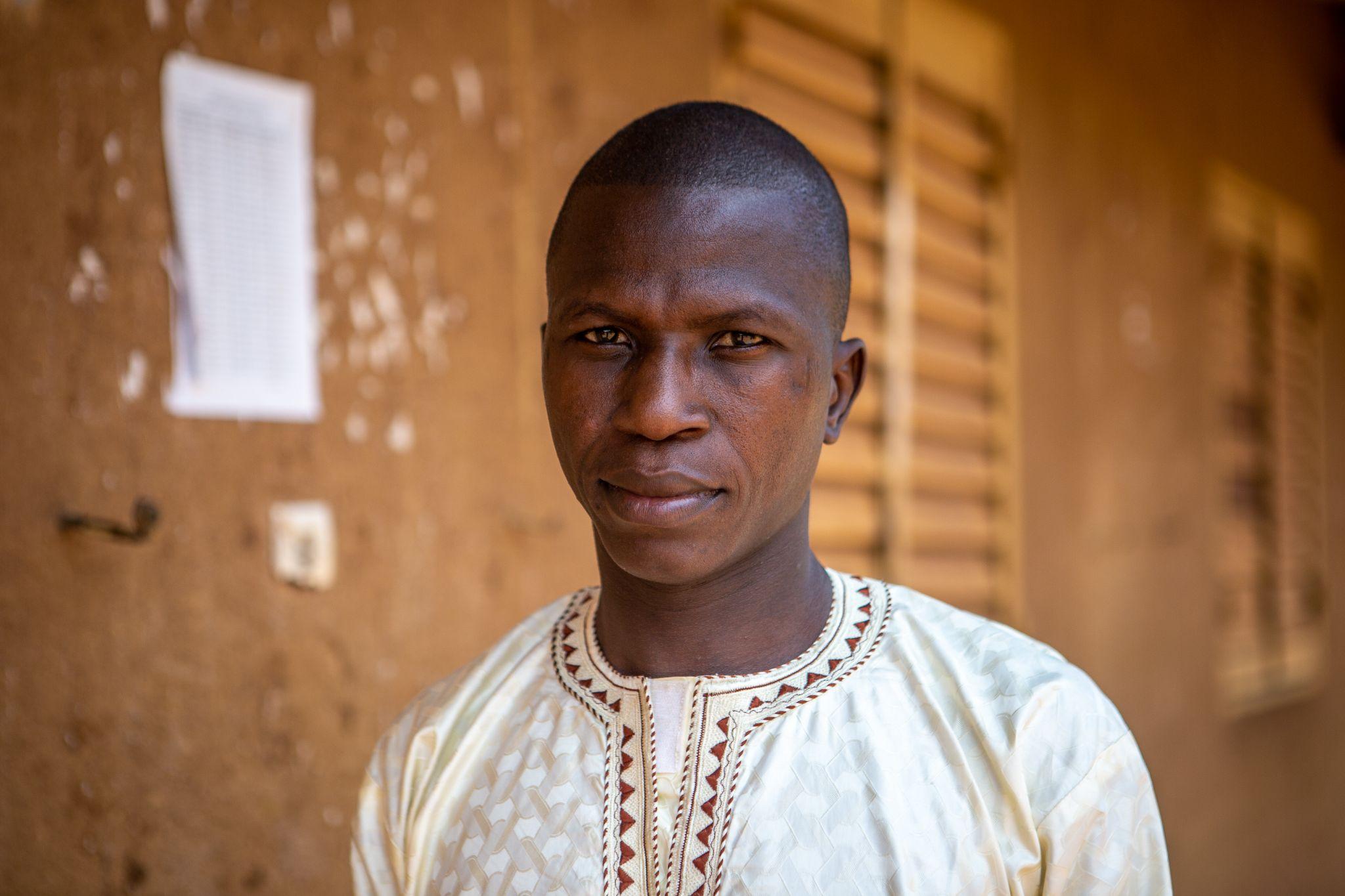
YACOUBA
“We used to use information we read on social media or heard on the street.”
"Before, when we gave information about an attack, instead of simply reporting the facts, we would try to find out what ethnic group the attackers belonged to," says Yacouba, blogger and radio host.
"We made mistakes," he adds.
In the Gao region of northeastern Mali, war is also informational, with populations bearing the brunt of violence triggered by misinformation and rumors.
For some time, rumors have left the private sphere to reach the most reliable circuits. Word of mouth invaded the airwaves. "We used to use the information we read on social media or heard on the street."
Then, in 2021, Search assisted Yacouba in sorting out the truth from the torrent of information and communicating in ways that would not stir up violence. With funding from the Canadian government, he participated in training on fact-checking and conflict-sensitive journalism. From then on, Yacbouba's outlook on his work began to change.
"When we pointed fingers at one community, it only created mistrust and was likely to trigger retaliation from other communities. I realized how this approach was disuniting us."
Yacouba is also working hard to debunk false information, such as manipulated photos and videos. "If we share information without verifying it, it can only damage our credibility. So, in every location, I always try to contact a credible source, a correspondent, to confirm the information I receive. Also, I have now learned to use apps to verify the authenticity of videos and photos."
When these are false, Yacouba sends alerts on social media to help curb the spread of misinformation. And like a domino effect, the great chain of re-sharing continues.